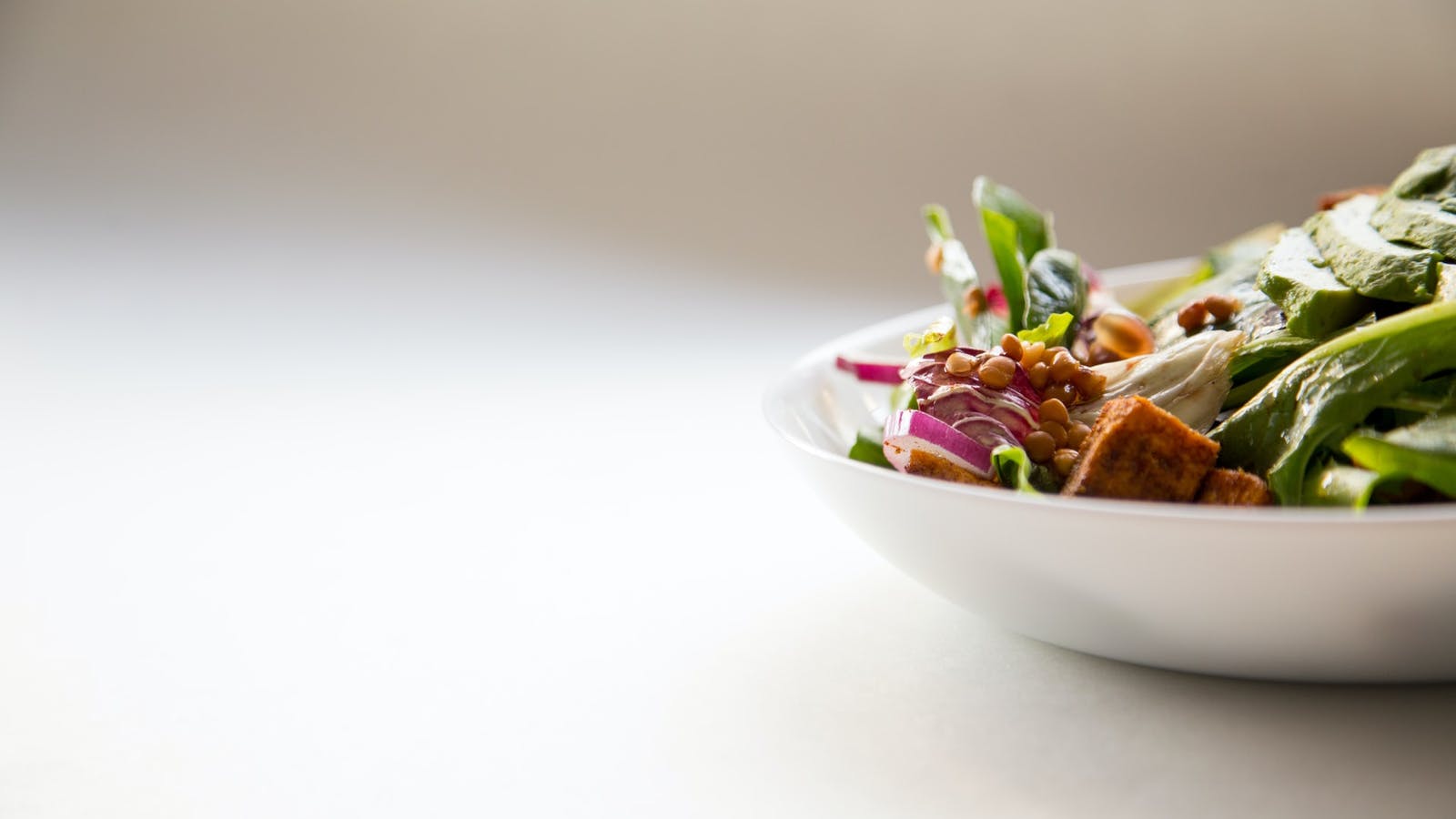It is often said that good gut flora health can improve your well-being and immunity . So to avoid getting sick this winter, follow our advice!
What is the intestinal microbiota?
The intestinal microbiota or intestinal flora is made up of 100,000 billion microorganisms (much more than the number of cells in our body ) which represent approximately 2kg of our weight located in the small intestine and the colon. In particular, it plays a fundamental role in digestion (synthesis of vitamin and micronutrients, assimilation of nutrients) and in the functioning of our immune system (maintaining the integrity of the intestinal barrier, fight against pathogenic invaders). (1)
How is it involved in immunity?
More than half of our immunity is found in the gut. Intestinal immunity is made up of an intestinal mucosa housing lymphoid follicles used in the production of immune cells as well as friendly bacteria constituting the intestinal flora (2). The latter has 3 main functions:
- Protect us from microbes: These allow the synthesis of important antimicrobial proteins to prevent the growth of pathogenic microorganisms and contribute to the balance of the microbiota. (3)
- Maintain the integrity of our intestinal mucosa (a true protective barrier): The intestinal microbiota helps prevent the permeability of our intestinal mucosa. When the intestinal mucosa and the microbiota are attacked by stress , junk food, various medications, intestinal permeability can be increased as well as the imbalance of the microbiota. These two altered barriers, pathogens can easily cross them and end up in the blood which can contribute to disrupting immunity .
- Interact with our immune system: The bacteria of the intestinal flora are not directly in contact with the immune system but produce metabolites interacting with it during complex interactions. (4)
How to feed him well?
With prebiotic and probiotic foods:
- Prebiotics: these are fibers that will nourish your flora and participate in the renewal of mucosal cells. You will find them in plants rich in fiber (fresh fruits and vegetables such as artichoke, banana, onions, fig, Jerusalem artichoke, garlic, onion etc.), whole gluten-free cereals (rice, quinoa, millet), algae, mushrooms etc.
- Probiotics (lactic ferments): these are friendly bacteria that will strengthen your flora, improve your transit, and boost your immunity . You'll find them in yogurt, fermented milk, kefir, kombucha, miso soups and sauerkraut.
Red berries (blueberries, raspberries, blackcurrants, etc.) are also rich in polyphenols and are beneficial for your flora. On the other hand, we forget processed and refined foods. Indeed, diet plays an important role in the well-being of your microbiota.
What foods should you eat to recharge your microbiota?
Apart from probiotics and prebiotics, other ingredients should be favored to recharge the microbiota such as:
1) Fruits and vegetables rich in fiber
The intestinal microbiota has many functions, including that of fiber degradation. The more numerous and varied the fiber intake, the more satisfied your intestinal microbiota. A study noted that a sufficient fiber intake allowed the development of a greater diversity of bacteria, thus promoting balance and stability to the microbiota. To do this, stock up on vegetables and legumes rich in fiber: artichokes, chickpeas, beans or even lentils. As for fruits and dried fruits, do not hesitate to regularly eat bananas, passion fruit, red fruits or even prunes and dried apricots.
2) Herbs and spices
Favor spices in the preparation of your dishes, such as oregano, thyme, cinnamon, tarragon or turmeric because they are real allies of your microbiota. These spices indeed contribute to the destruction of pathogenic bacteria which are in your microbiota. This is also why spices are often used in hot countries because they are capable of killing bacteria and fungi which spoil food, especially meat.
These tips are intended to improve your well-being and in no case replace medical follow-up or a consultation with your naturopath. Make sure you respect the recommended daily dose
You can also find our complex of probiotics and prebiotics on our site.
(2) Shreiner AB, Kao JY, Young VB. The gut microbiome in health and in disease. Curr Opin Gastroenterol. 2015;31(1):69-75.
(3) Brandt LJ. American Journal of Gastroenterology Lecture: intestinal microbiota and the role of fecal microbiota transplant (FMT) in treatment of C. difficile infection. Am J Gastroenterol.2013;108(2):177-185.
(4) Khamsi R. A gut feeling about immunity Nature Medicine 2015 Jul;21(7):674-6

